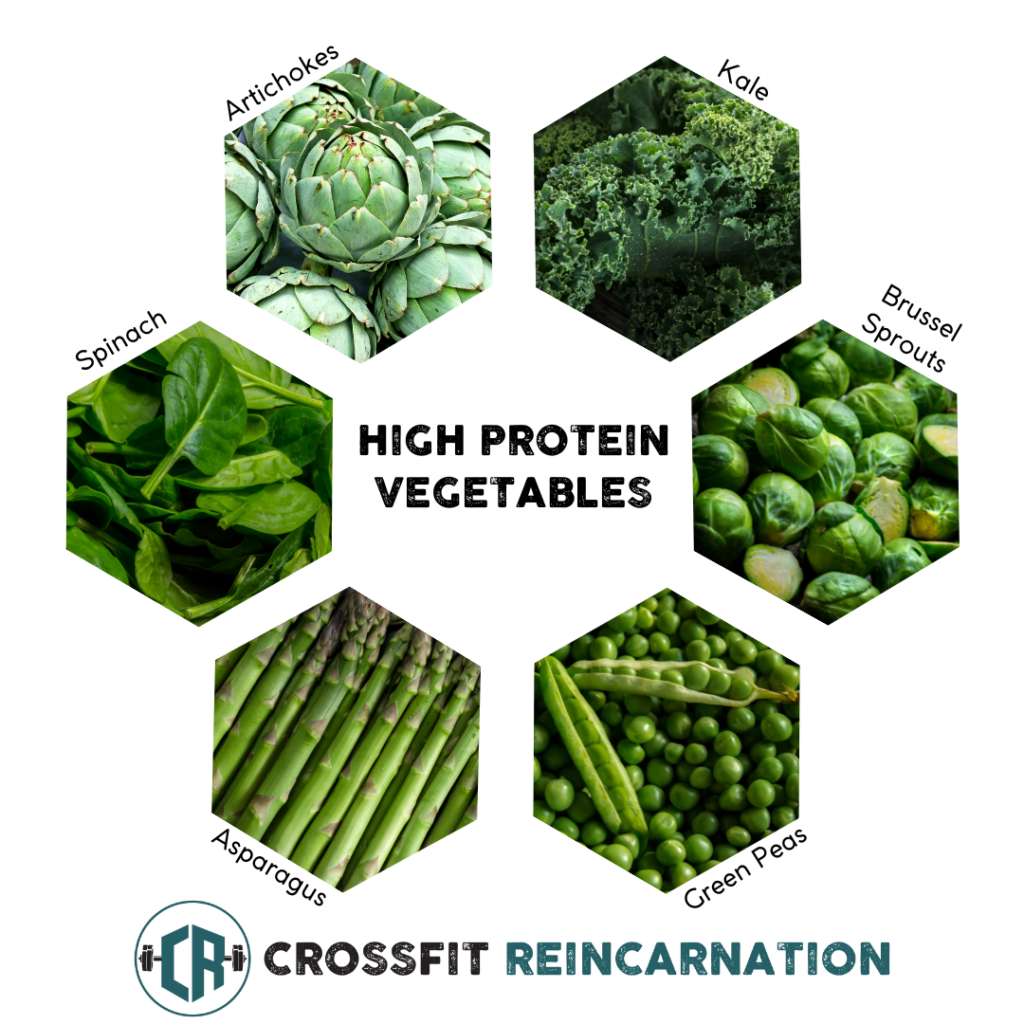Let’s talk about the power of protein! We always tell our clients to eat protein after their workouts! Protein stands as a cornerstone of nutrition, wielding immense power over our health, metabolism, and muscle recovery. Let’s delve into its multifaceted role in fueling our bodies and optimizing post-workout recovery.
The Importance of Protein:
Protein, an essential macronutrient, should ideally constitute around 30% of your daily caloric intake. Studies suggest that maintaining protein levels at 25–30% of total daily calories can turbocharge your metabolism, burning an extra 80–100 calories per day compared to lower protein diets. The amount of protein required is different for everyone but, for example, with a 2000-calorie diet, this equates to roughly 150 grams of protein daily!
The Building Blocks of Life:
Found abundantly throughout the body, protein serves as the fundamental building block of various tissues and organs, including hair, skin, bones, and muscles. Comprising over 20 amino acids, protein plays a crucial role in cellular repair, growth, and maintenance. Since our bodies don’t store these amino acids, obtaining them from dietary sources is imperative, with nine essential amino acids sourced from food.
Animal-Based Protein Sources:
Animal products serve as valuable sources of protein, varying in fat content from lean to moderate or high. Including a balance of animal and plant-based proteins can ensure a comprehensive nutrient profile while catering to individual dietary preferences.
The Power of Plant-Based Proteins:
Diverse plant-based sources offer a wealth of protein-rich options, contributing not only to nutritional variety but also to sustainability and ethical eating. From tofu and lentils to quinoa and chia seeds, the plant kingdom boasts an array of protein-packed delicacies. Incorporating these into your diet not only enhances protein intake but also supports overall health and well-being.
Optimizing Post-Workout Recovery:
Consuming protein post-exercise plays a pivotal role in muscle repair and recovery. Supplying muscles with amino acids, the building blocks of protein, accelerates the repair process while inhibiting cortisol production, which breaks down muscle tissue. Additionally, complex carbohydrates replenish glycogen stores and aid in recovery. Nutrition experts recommend consuming 10 to 20 grams of protein, paired with an equal amount of carbs, within 30-60 minutes post-workout for optimal recovery.
Conclusion:
In essence, protein transcends its role as a mere dietary component, emerging as a potent ally in promoting overall health, metabolism, and muscle recovery. By prioritizing adequate protein intake and embracing a balanced array of plant and animal-based sources, you can harness its full potential in optimizing your nutritional regimen and post-workout recovery efforts. Whether your goal is weight management, muscle growth, or enhanced well-being, protein stands as a steadfast pillar supporting your journey to a healthier lifestyle. We can help you learn more about nutrition. Book a Nutrition Appointment now! Or just head to our website and learn more about us.
We have a tone of healthy recipes available on our website too!


